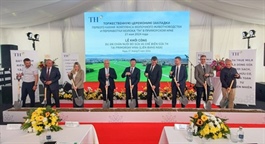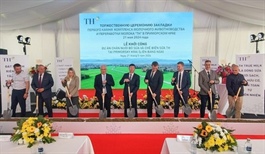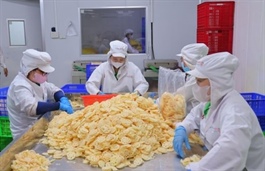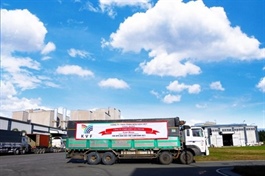Vietnam’s retail sector grows fast but still lags behind regional rivals: expert
Vietnam’s retail sector grows fast but still lags behind regional rivals: expert
Vietnam’s retail revenue has increased tenfold over the past decade, but its share of the total market lags behind its neighbors, according to an industry expert.
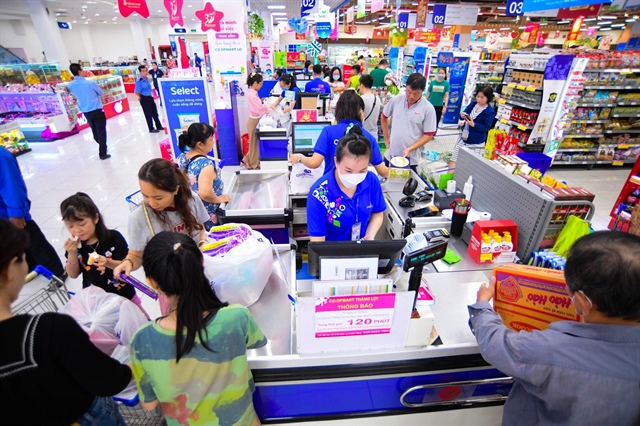
A Saigon Co.op supermarket in Ho Chi Minh City. Photo: Quang Dinh / Tuoi Tre |
The comment was made by Nguyen Anh Duc, chairman of the Vietnam Retailers Association, at the 2024 regional conference of the International Cooperative Alliance (ICA), held from May 21 to 23 in Ho Chi Minh City.
Hosted by Vietnamese retail giant Saigon Co.op in coordination with the ICA, the event attracted delegates from Japan, India, Indonesia, Iran, South Korea, Malaysia, Myanmar, and the Philippines, among others.
Over the past ten years, Vietnam’s modern retail sales have increased tenfold to US$26 billion from $2.6 billion, but its modern retail market share only accounts for about 22 percent of the total market, compared to the 90, 65, and 40 percent in Singapore, Thailand and Malaysia, respectively, Duc elaborated.
“In general, Vietnam’s modern retail is growing but still lags behind other countries,” the expert commented.
Still, the future looks bright for the sector, with Vietnamese retailers focusing on developing new products and taking advantage of e-commerce platforms to diversify sales channels and boost revenue generation.
Reports show that 30 percent of the revenue of the world's top 500 companies comes from new products, while the rate is 20 percent in Asia and only 10 percent in Vietnam, the expert explained, adding that Vietnamese retailers should put a heavy focus on introducing new products to the market.
He also noted that “some new trends have taken shape on the market, such as a decrease in household sizes and an increase in health-focused products.”
According to Vu Anh Khoa, chairman of Saigon Co.op, trade among collective economic organizations both regionally and globally has become increasingly dynamic.
This trend presents opportunities for Saigon Co.op and other Vietnamese cooperatives to enhance cooperation with their counterparts, explore new markets, and boost sales.
“We hope that through the seminars, cooperatives in Vietnam and other countries will set up connections to bring their high-quality products to the market,” Khoa said.
For example, Saigon Co.op recently cooperated with a number of South Korean cooperatives to export rice paper to and import instant noodles from South Korea, the chairman stated.









